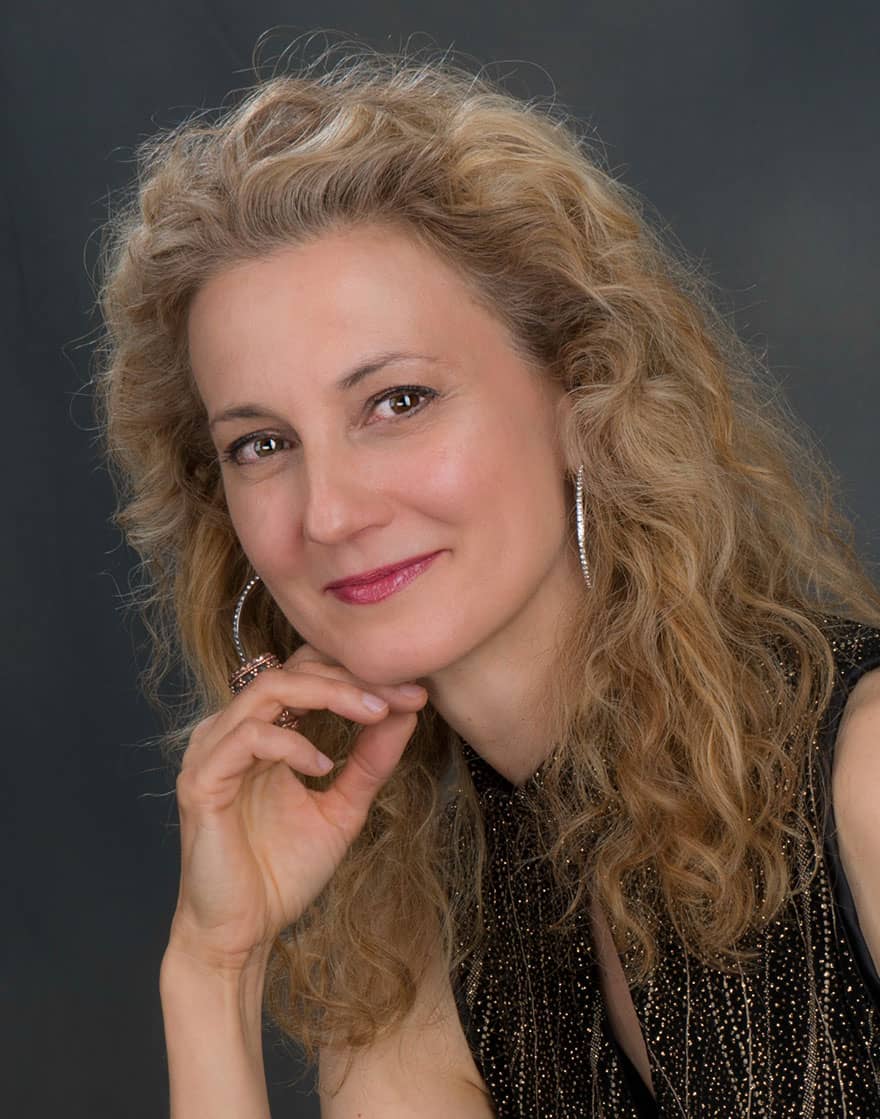I keep hearing that “why” we do things is much more important than “what” we do. I was asked to ponder this and write about it for an education conference I’ll be speaking at next week in Palm Springs. Here is what came to me.
My love affair with mindfulness began innocently enough. I was working as a primary care provider in an internal medicine office at the time. I was a newly graduated PA and quickly became surprised by how many patients would come in to the office over and over again for the same problems. So many people were continuing to suffer despite getting all the best medical care that western medicine had to offer. What was missing??? I was determined to find out.
At the time, I had not even done yoga, much less meditated. I was not interested in such woo-woo topics. However, when I went to my first conference on the mind-body connection, I knew I had found the missing link. This was at Harvard and they are not in the business of woo-woo. I was astounded and dismayed that in all my years of formal schooling, no one had even mentioned this crucial link, never mind how to cultivate it and use it to create a happier life. Yet neuroscience has indeed shown that mindfulness can increase happiness and decrease both physical and mental suffering.
There are many different ways to enhance the mind-body connection and I have spent the past 10+ years exploring as many as possible. To me, mindfulness is the missing link that can add immeasurable value to just about any problem you can imagine. I have been practicing it myself and sharing it with groups and individuals for the past 8 years and have seen the power of the practice over and over again.
In addition to medicine, I also spent many years as an educator, in junior high and high school science and most recently as a professor of health sciences at Northeastern University. Across all these areas, the problems I’ve seen have been similar. Namely that people are suffering from a disconnect between mind, body and spirit. When I look at what we’re doing collectively, why so many of our systems are in crisis right now, and how best to fix things, I can only come to one conclusion:
We need to start healing from the inside out. We need to reconnect with what is best and brightest within ourselves and honor our wholeness and brilliance, even in our imperfection. We need to reconnect with stillness, honor intuition and make space for the totality of the human experience; without shame or judgment or a constant need to improve. Mindfulness can make these things possible.
As educators, we can unwittingly foster this sense of disconnection and striving in our students that can contribute to suffering and even psychopathology later in life.
How do we do this? By telling them to “sit still and pay attention” when their body is in fight-or-flight mode and the most primitive part of their brain is telling them to move. We do this by constantly comparing them to each other and ranking them higher or lower based on society’s relatively narrow definition of intelligence. If you ask an elephant to climb a tree and a squirrel to pick something up with its nose, both will fail miserably. But are they failures or is the problem really our inability to see their unique intelligence?
We cannot legislate these qualities that could change everything; things like kindness, love, compassion, the ability to see the brilliance in ourselves and others, a clear seeing and deep acceptance of others and ourselves, the ability to truly listen to another. We cannot create these things by force. Nor can we buy them. We absolutely CAN cultivate and strengthen them with the practice of mindfulness.
I believe that this inner transformation is the only hope for the global transformation that is called for right now. We have the keys to the kingdom at our fingertips. We could change it all tomorrow if we collectively decided to do so. It is why sharing this practice with others is absolutely my “why”. It is what led me to leave academia to dedicate myself fully to sharing these skills that can offer inner liberation.
“And who will care, who will chide you if you wander away
from wherever you are, to look for your soul?
Quickly then get up, put on your coat, leave your desk!
To sit down, like a weed among weeds, and rustle in the wind!”
~Mary Oliver
I would love to hear about your “why” if you’d like to share in the comments below.
Blessings,
Erin

 Erin believes that narrow boxes are for shoes and not for people and she hopes you'll join her tribe on the mindful path to freedom!
Erin believes that narrow boxes are for shoes and not for people and she hopes you'll join her tribe on the mindful path to freedom!

